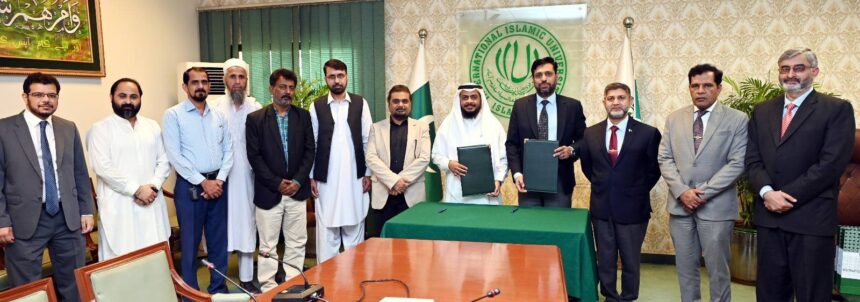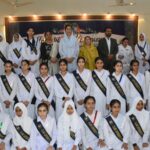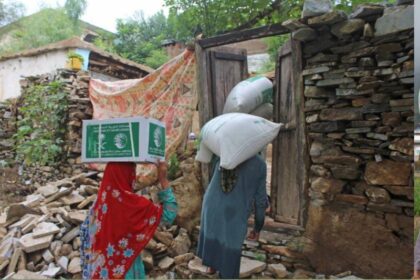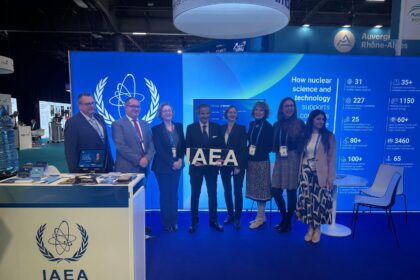The International Islamic University Islamabad and the National Radio & Telecommunication Corporation Haripur have signed a Memorandum of Understanding to promote multidisciplinary research, innovation and stronger industrial-academic collaboration. The IIUI NRTC agreement sets a framework for joint work on technology development and practical engagement between university and industry experts.
The MoU was endorsed by Prof. Dr. Ahmed Saad Alahmed on behalf of IIUI and Brig (R) Omer Abdul Rasheed for NRTC. The NRTC delegation included Mr. Shakeel Ahmed, GM Research & Development; Mr. Ammar Rashad, HoD Export; Mr. Asad Ikram, AVM (R) Consultant R&D; and Col (R) Sana Ullah, Chief Coordination Officer.
IIUI was represented by Director ORIC Dr Muhammad Aamir, Dr Muhammad Saqlain as Incharge Linkages Office and other relevant officials who joined the signing ceremony to finalise collaboration modalities and implementation pathways.
Under the terms of the MoU both parties agreed to collaborate on research and consultancy projects, joint intellectual property management, and internship and placement opportunities for IIUI students. The partnership also covers industrial exposure for IIUI faculty, joint research conferences and coordinated proposal submissions for high-end technology development.
Speaking at the ceremony IIUI President Prof. Dr. Ahmed Saad Alahmed said academia-industry partnerships create a practical and mutually beneficial environment, calling such collaboration a win-win for both sides. Dr Ahmed Shuja Syed, Vice President Research and Enterprise, briefed the NRTC team on the university’s academic and research profile. Brig (R) Omer Abdul Rasheed described the MoU as a significant step that will set new dimensions for joint ventures, while AVM Asad Ikram highlighted NRTC projects in energy and motorway sectors and outlined the corporation’s facilities and ongoing international collaborations.
The IIUI NRTC agreement reflects a shared commitment to strengthen linkages between academia and industry for national development and technological advancement, opening new avenues for students, faculty and researchers to engage in applied research and innovation across Pakistan.











